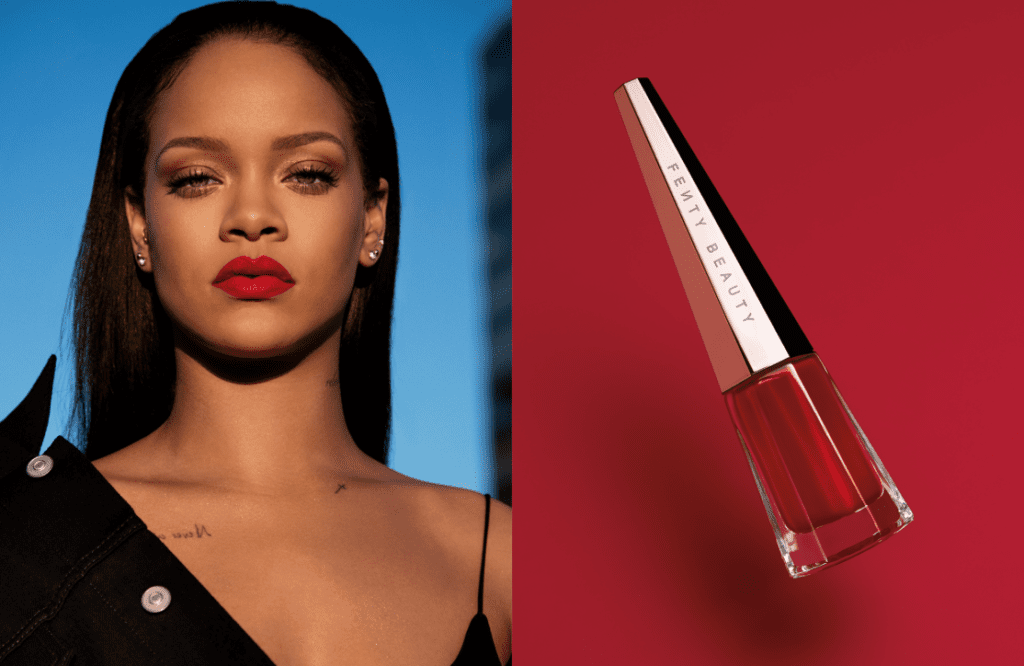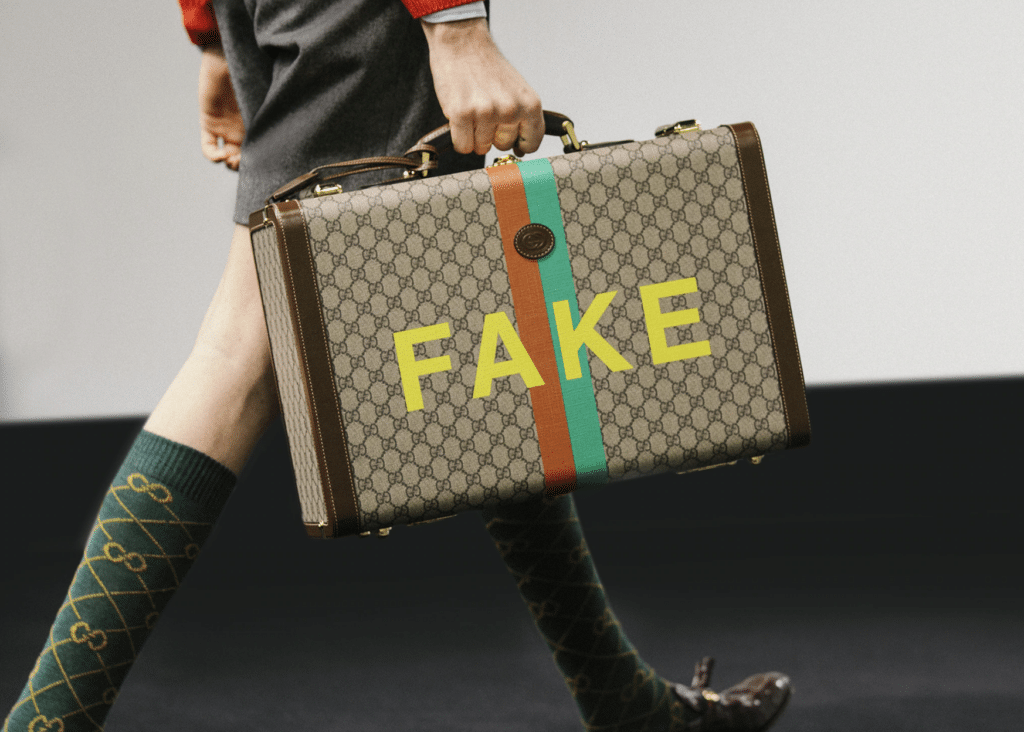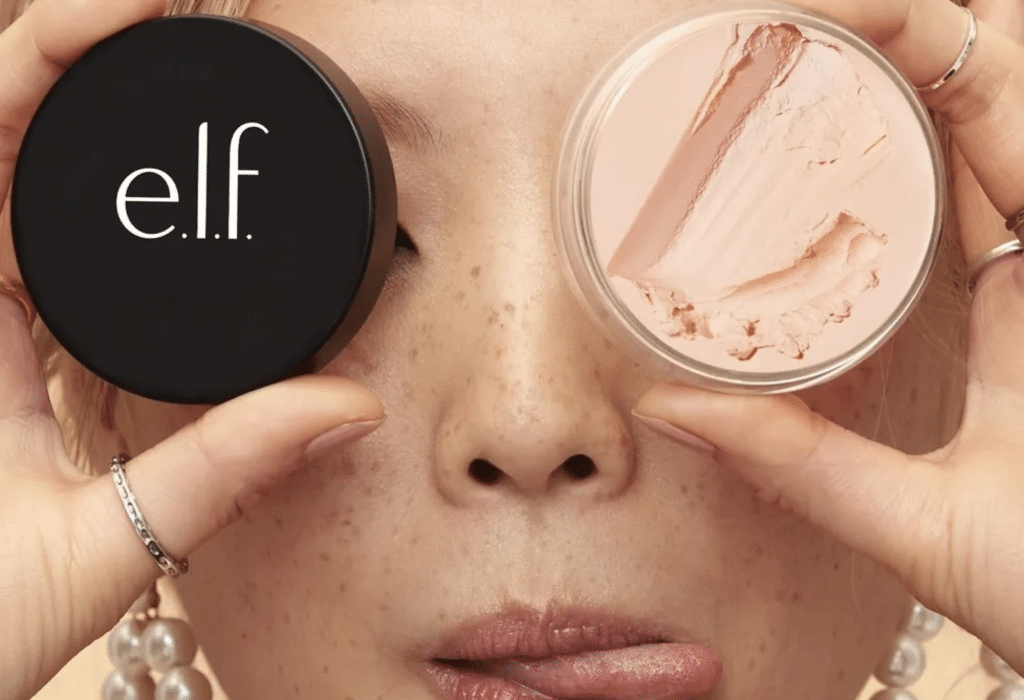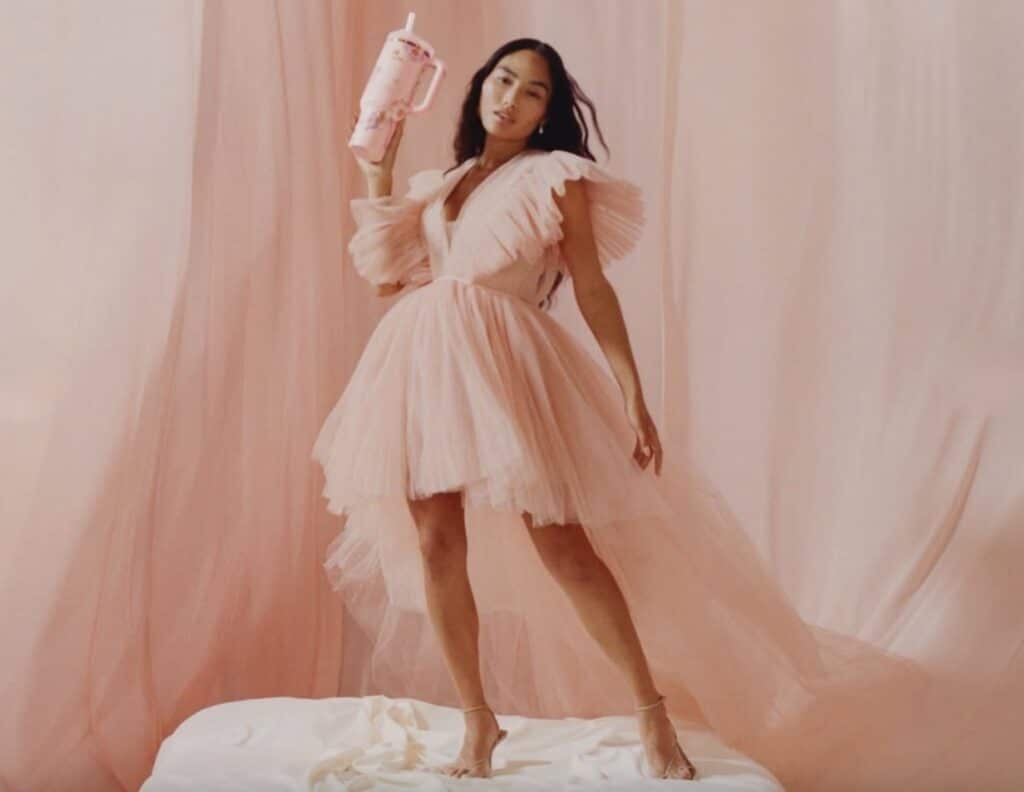Fenty Beauty has been slapped with a new lawsuit, accusing it of engaging in “intentional discrimination” by “making it impossible” for visually impaired customers to “properly and fully utilize its [e-commerce] website.” According to the case that Beatriz Gutierrez filed against Fenty Beauty in state court in a Los Angeles, the industry-disrupting beauty brand – which is a joint venture between music mega-star Rihanna and French luxury goods conglomerate LVMH Moët Hennessy Louis Vuitton – is the latest in a growing list of brands being taken to court for allegedly running afoul of California state civil rights law.
In her complaint, Ms. Gutierrez asserts that she is legally blind and thus, requires “screen-reading software to access and read website content using her computer.” Under California’s Unruh Civil Rights Act (“UCRA”), which specifically outlaws discrimination based on sex, race, color, religion, ancestry, national origin, age, disability, medical condition, genetic information, marital status, or sexual orientation, places of public accommodation must ensure that disabled individuals have as full and equal enjoyment to its website as those who are not disabled. This includes access to websites.
The plaintiff argues that she and all other visually impaired individuals are being denied equal access to the online information and goods and services offered on the Fenty Beauty website because it is “not fully accessible to screen-reading technology used by blind individuals,” and thus, subjects visually impaired customers of Fenty Beauty to “a second-class experience.”
“Despite readily available methods to render websites fully accessible to all,” Fenty Beauty has failed to “make correct and proper use of alternative text, accessible forms, descriptive links, resizable text, and labels” to ensure that its website provides equal access for blind and visually-impaired consumers. As such, Gutierrez claims that Fenty Beauty’s actions constitute intentional discrimination.
Gutierrez – who has filed near-exact suits over the past six months against LVMH-owned brands Sephora and Brioni, Breitling, Net-a-Porter, Ferrari, Proenza Schouler, Isabel Marant, and Alexander Wang, among others – is seeking relief in the form of preliminary and permanent injunctions, which would bar Fenty Beauty from committing further violations of the UCRA, and an array of monetary damages.
In addition to joining a number of California state suits filed by the same plaintiff, the Fenty Beauty case comes amidst an ever larger trend in litigation: one that is sweeping number of federal lawsuits are being filed against brands for allegedly violating the Americans with Disabilities Act (“ADA”) for the very same conduct.
Brands including H&M, the Kardashians’ Dash stores, Lacoste, Jo Malone, Coach, Giorgio Armani, Gucci, Versace, Vera Wang, Valentino, Urban Outfitters, Tory Burch, Bally, Glossier, Hugo Boss, Louis Vuitton, New Balance, Nike, and J. Crew, among others, have been targeted with ADA-centric suits – many of which have quietly settled out of court, presumably not without a monetary damages component and a pledge from the brands to recalibrate their websites to make use of specific software to enable access by both visually and hearing impaired individuals.
The frequency with which these lawsuits are being filed should serve as a wakeup call for brands, particularly as there is expected to be an uptick in litigation over ADA violations, especially in New York state, which attorney Adam Michaels says “has proven particularly welcoming to these cases, with nearly 300 ADA website lawsuits filed in New York’s federal courts in the first quarter of 2018,” alone.
As Michaels stated last year, “A business can minimize the risk and achieve the best possible position to defend itself against an ADA web accessibility claim by taking the following steps: Conducting an ADA compliance audit of its website and digital content, and engaging a vendor to help bring its website into compliance with [Web Content Accessibility Guidelines 2.0 AA] guidelines.”
*The case is Beatriz Gutierrez vs. Fenty Beauty, LLC, 19-STCV-23416 (Cal. Sup.).











